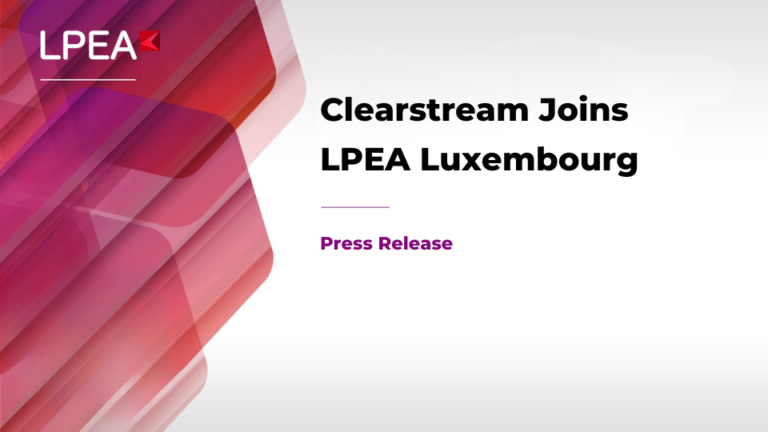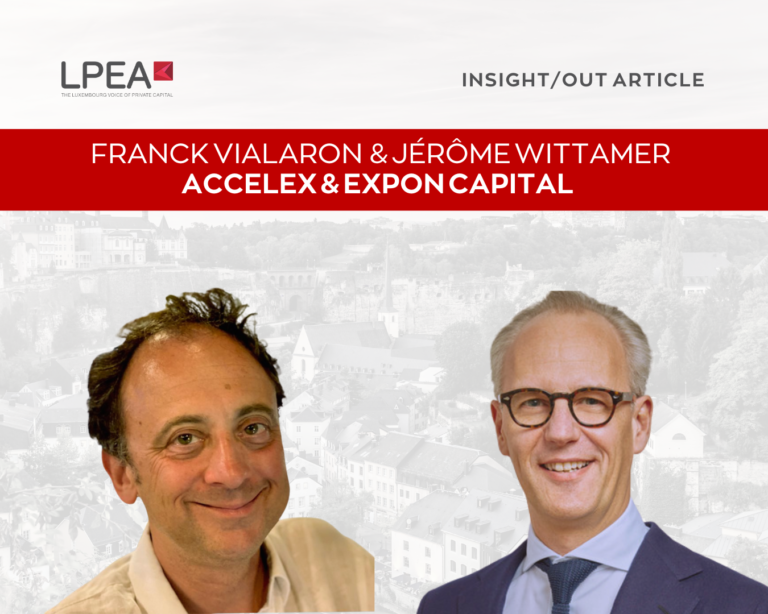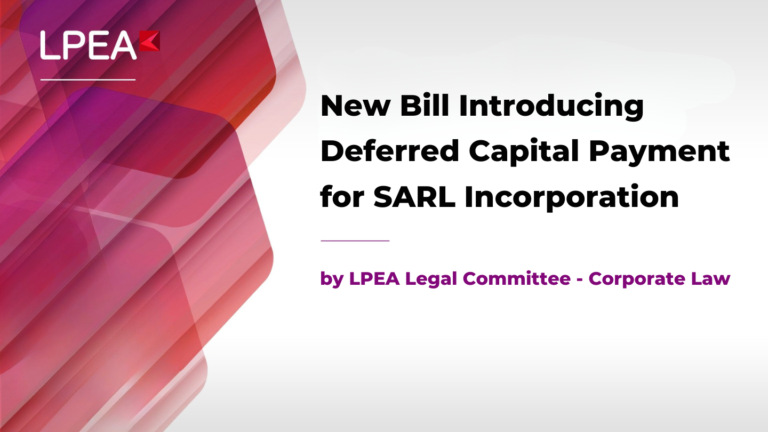By Tram Trinh, John Holloway, Cornelius Bechtel and Olivier Lambrecht as featured in Insight Out Magazine #26
The pyramid hereunder illustrates several levels at which iNEDs (“independent non-executive directors”) can bring added value to the way a Board of Directors actually functions, whether at the investment level or moving downwards into the portfolio company itself. The presence of iNEDs throughout the structure is now widely accepted and welcomed, not just by other Board members but increasingly also by Regulators.
Clearly, the skill set of the iNED will best match the needs depending on what level of the pyramid the Board sits. While not entirely the case but, generally speaking, closer to the top of the pyramid there will be a greater requirement for expertise in strategy, compliance, regulation, and valuation.
With that in mind, the twin aims of the recently formed iNED club within the LPEA are to raise awareness of the role of iNEDs and to share knowledge. The main purpose of this article will be to focus attention at the foundation level of our structure, being the portfolio company. Four members of the iNED club sat together in a Q&A session to shed some light on the demands, arising from being very much “at the sharp end” of an investment.
1.Why should Luxembourg be at all interested in developing and growing a pool of iNEDs?
Luxembourg’s international innovation ecosystem which one of us discovered through the Business Club France Luxembourg in 2018, is home to diverse, manufacturing, fintech (LHOFT), digital innovation, ICT, cleantech, space, and health tech companies. Many of which have been backed by local and international PE and VC funds, from Europe, the Middle East but also Asia, and the US.
You can easily imagine that with a market population of 645K people, Luxembourg is viewed more as a central base for growth companies to scale from, and into other European & international markets. PE/VC funds that have the ambition to boost their portfolio development rely on iNEDs outside their usual finance network, those with portfolio company specialist industry knowledge and operating experience, with a diverse international footprint and understanding of scaling companies to target markets and stages.
This is why Luxembourg, rich in 170 nationalities, where half of its population is foreign and highly educated, seems the right place to screen and appoint iNEDs with both industry and international lenses for the boardroom!
Best governance practices stipulate that it is ideal to increase diversity on the board of companies. One obvious way to achieve that is to open the boards of companies to non-executive board members coming from different horizons, having different experiences, different skill sets, and different knowledge.
iNEDs have been used widely for years in the Luxembourg finance sector. Companies’ expectations from these iNEDs have been very diverse, as diverse as the complexity of these legal entities. Moreover, the profession has also had its dedicated association (ILA) for a long time. This might be a competitive advantage for Luxembourg when compared with other jurisdictions.
2. PE companies are generally not required to have iNEDs on their Board. Why would they be interested in bringing one in? Is there any added value for the company or just additional cost?
An iNED is a tiebreaker. One of us had the experience of being approached by the CEO of a small-cap company as he wanted to informally introduce the concept of iNED to his PE/Family office owners. As a minority shareholder co-founder in the board with majority PE representative shareholders, he wanted to bring in someone who could add an outsider perspective in order to align the interests of all parties, which were in disagreement as to the timing and the next countries to expand into at that stage.
The INED’s presence was perceived as value added as his/her contribution was dispassionate, facts-based and not focused on financial short-term interests and views. An iNED is a diplomat, sometimes a ‘United Nations type of ambassador’ on the board. PE investors identify iNEDs early in their due diligence process to leverage their investments from day one, relying on the right independent board director(s) to drive the company’s business model transformation in a short period of time into an exit and bringing a “network effect of relationships”.
He or she must be ready to give direct, honest, and benevolent feedback to CEOs and executives, provide constructive industry, operating and market insights,as well as setting clear targets and tangible measures to monitor progress.
In the early days of a PE/VC-backed company, an iNED is more than just a board member, he/she can be a trusted, independent, and neutral mentor to the CEO who may feel ‘isolated’ once a board decision is made because he/she is neither LP/GP like nor a management team executive. iNEDs need to ask tough questions and help the CEO and executives find the right answers. VC-funded companies can be too focused on the exit strategy and commercial goals which can be distracting to the executive team trying to future-proof the company.
PE firms expect their portfolio company director not only to understand the drivers of the business, but also to adopt a hands-on and a mid-term value creation approach. Most importantly, they should also act as a translator and trusted advisor to the C-suite.
Some of the goals of the PE firm in attracting iNEDs into their portfolio companies include supporting the CEO and the C-suite team on the creation and execution of the product and technology strategy, bringing for instance an entrepreneurial track record, pharmaceuticals industry knowledge/network and commercial experience of scaling a value offering and the customer base or bringing in global go-to-market strategies and understanding of SaaS systems. Some PE needs can be very specific as to the geography and sector knowledge. Cross-functional experiences such as risk management, and cybersecurity can be very attractive to PE firms.
3. Could we take a deeper dive into the skills needed when sitting on a PE company Board? How do we learn them, and how do we bring them to bear?
A PE iNED knows how to anticipate and collaborate with his/her peer board members to build a complete oversight of business opportunities and risks namely operating, financial, market, and legal bottlenecks.
The most important skill to us by far is to be or become a team builder and a team player. The quality and depth of the questions and decisions you come up with in the boardroom are closely tied to your chemistry as a team.
You learn by getting to know and appreciate your peers, build strong relationships by creating and fostering opportunities to discuss informally outside of the boardroom in 1:1 taking coffees, calling shortly on a regular basis or ad hoc, with the CEO of the company, the chair, and every other member, whether you are part of the same committee or not.
iNED skills needed in a portfolio company vary on the industry field depending on the strategic goals of the PE firm and portfolio company and range within: Senior Leadership Experience (CEO/President), Financial Management (CFO, Investment Professional), Accounting, Auditing & Internal Controls (CPA), Industry Experience, Strategy & Business Development, IT, Technology, Cyber-Threat Experience, Marketing; Brand Marketing, PR Experience; Social Networking Regulatory Experience/Knowledge, Human Resources Knowledge, Legal Expertise, Operations Expertise, Board Experience, Committee Experience.
Practically during the scaling phase of a PE portfolio company, an iNED fit for the role would be capable of securing talent acquisition through his/her wide network, connecting the company with key contacts, such as resolving IP or temporary cash flow issues in a specific market or at a C-suite level of customer/partner targets, and in later stages opening one’s network for M&A or exit trade sale transaction opportunities in the specific industry.
The credibility of an iNED in a PE-backed company ultimately serves to attract new investors and lenders who trust in an independent perspective and reassure LPs who end up committing to the next PE fundraising.
4. Aren’t most iNEDs more attuned to subjects such as compliance, reporting, ESG, SFDR, etc? How might this be changed?
This is true in Luxembourg. We find iNEDs more easily who have specialized in ESG or AML, than in opportunistic real estate or carve outs in the chemical industry. Today in Luxembourg, it is way easier to train oneself, or share views with colleagues on regulatory topics than on market evolutions or on how to elaborate a strategy.
That is not a fatality, but some things must evolve concurrently: the offer of trainings and workshops should be more balanced. At the same time, the existing iNEDs should diversify the kind of events they attend and be more in demand of topics outside of their comfort zone. Also, the speech of the regulators and other public authorities should also move in that same direction. Initiatives already exist, however we need to collectively support them and hopefully generate a virtuous circle. This needs to be done whilst preserving and reinforcing the competitive advantage that Luxembourg has managed to create over the last decades.
5. How much do you think iNEDs need to pay attention to soft factors in addition to (or in substitution for) more obvious technical aspects?
It depends. iNEDs on boards of entities with SPV characteristics don’t need to bring in soft factors but should ensure that governance issues are well covered. However, as soon as the mandate is in a board of, for example, an AIFM such soft factors become increasingly important as the iNED, not only has to bring the technical (ie. Subject matter expert) skills to the table but should also have an eye on the interaction between Senior Management (i.e. Conducting Officers) and the Board and Senior Management’s interaction with the initiator of such AIFM.
6. Should the performance of iNEDs be assessed, say annually, and by whom?
Yes, absolutely. The assessment should ideally be made by someone from the organization that initiated the appointment at the same time as the annual board evaluation process. That should be someone Senior and, if possible independent. An assessment can be made on an annual basis by the Chair (also an independent) of the Holding Company sitting on top of the organization. These are very insightful discussions.
7. What does it really take to make a great independent NED?
The great iNED is a ‘giver’, attends every meeting with the intention of learning and contributing, and should have the courage to offer to leave the board if he/she is aware of not contributing or getting anything out of it.
A great iNED is an individual who understands the needs of the company he/she supports and who can assist with procuring what is missing.





